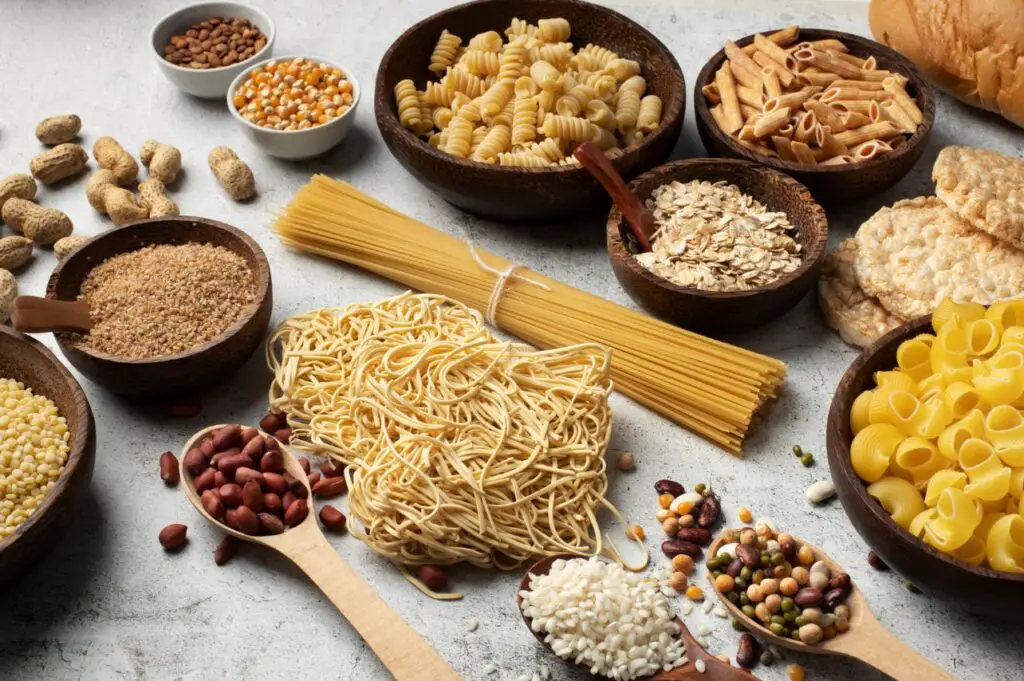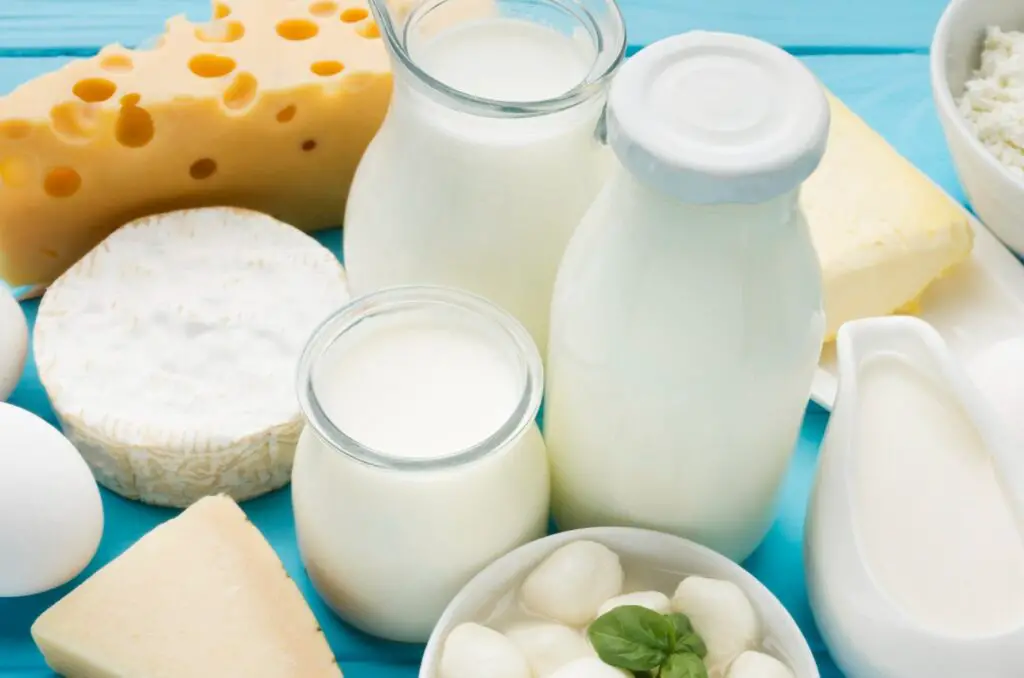7 Everyday Foods That Are Secretly Worsening Your Joint Pain

Joint pain is more than just a minor inconvenience—it can severely affect your daily life, from walking and climbing stairs to getting a good night’s sleep. While factors such as aging, physical activity, or injuries are well-known contributors to joint discomfort, many people overlook one of the most significant influences: diet. Certain everyday foods that may seem harmless—or even healthy—could be secretly intensifying your joint pain by triggering inflammation. If you are already struggling with stiffness, swelling, or persistent joint aches, it might be time to reevaluate what you are eating. Here are seven common foods that could be silently sabotaging your joint health and some helpful tips on what to eat instead.
1. Processed Meats

Processed meats like bacon, sausage, ham, and deli meats are often loaded with preservatives, sodium, and saturated fats, all of which can contribute to inflammation in the body. These meats often contain compounds known as advanced glycation end products, or AGEs, which form during certain cooking processes and have been linked to increased oxidative stress and inflammation. When inflammation levels rise, so does the risk of aggravated joint pain, especially for individuals already dealing with arthritis or similar conditions. High sodium levels in processed meats can also cause the body to retain water, adding pressure to already stressed joints. Replacing these with leaner proteins like grilled chicken, fish, tofu, or legumes can help minimize this hidden source of pain.
2. Refined Carbohydrates

White bread, white rice, pastries, and other refined carbohydrates may seem like comfort foods, but they are known to promote inflammation. These foods have a high glycemic index, which means they are quickly digested and can cause a rapid spike in blood sugar levels. This spike triggers the body to produce more insulin, which in turn leads to the release of inflammatory cytokines. Over time, the repeated consumption of refined carbs can raise levels of C-reactive protein, a marker of inflammation often elevated in people with joint issues. These carbohydrates also offer little nutritional value compared to whole grains. Opting for whole grain bread, brown rice, oatmeal, quinoa, and other complex carbohydrates instead can help support more stable blood sugar levels and reduce inflammation throughout the body.
3. Sugary Beverages

Drinks such as sodas, sweetened iced teas, sports drinks, and even some fruit juices may seem refreshing, but they are often packed with high amounts of added sugar. Sugar, particularly in liquid form, is a major driver of inflammation and has been linked to an increase in joint pain over time. These beverages frequently contain high-fructose corn syrup, which not only spikes insulin levels but also raises uric acid production, a known trigger for gout and other joint conditions. Moreover, these drinks can lead to weight gain, which puts additional stress on the joints, especially those in the knees, hips, and lower back. Choosing water, unsweetened herbal teas, or naturally flavored waters with lemon or cucumber can keep you hydrated and help reduce inflammation and joint discomfort.
4. Dairy Products

Dairy is a controversial food group when it comes to joint health. For some individuals, dairy products like milk, cheese, and yogurt can increase joint inflammation, especially in those who are lactose intolerant or have a sensitivity to casein, a protein found in milk. This can lead to immune system reactions that increase inflammation and exacerbate joint pain. Full-fat dairy products also contain saturated fats, which can increase inflammation throughout the body when consumed in large amounts. If you notice increased stiffness or swelling after consuming dairy, consider switching to non-dairy alternatives such as almond milk, oat milk, coconut yogurt, or plant-based cheeses. These substitutes can still provide calcium and other nutrients without triggering unwanted inflammation.
5. Fried and Fast Foods

Foods that are deep-fried or overly processed, such as french fries, fried chicken, onion rings, and fast-food burgers, are among the biggest dietary offenders when it comes to inflammation. These foods are typically cooked in oils high in omega-6 fatty acids, which can throw off the body’s omega-3 to omega-6 balance and promote chronic inflammation. Trans fats, which are found in some fried foods and baked goods, can further increase levels of inflammatory markers in the blood. In addition, fast foods are often high in sodium and preservatives that can lead to water retention, bloating, and added joint pressure. Reducing your intake of fried and fast foods and preparing meals at home using olive oil or avocado oil can lead to noticeable improvements in how your joints feel.
6. Alcohol

Although moderate alcohol consumption may not cause problems for everyone, regular or excessive intake can contribute significantly to joint pain. Alcohol affects the liver’s ability to flush out toxins and inflammatory substances, leading to higher levels of inflammation in the body. It can also dehydrate the body, and inadequate hydration can make joint tissues more prone to wear and tear. Beer, in particular, is high in purines, which the body converts into uric acid—a compound known to cause gout flare-ups that result in intense joint pain. If alcohol seems to make your symptoms worse, reducing your intake or cutting it out entirely may help. Instead, reach for beverages like turmeric tea, green tea, or water with a splash of fresh citrus for flavor and anti-inflammatory benefits.
7. Artificial Additives and Preservatives

Many packaged and shelf-stable foods are loaded with artificial additives, preservatives, and flavor enhancers that can worsen inflammation. Common culprits include monosodium glutamate (MSG), artificial sweeteners such as aspartame, and synthetic preservatives like sodium nitrate or sodium benzoate. These chemicals can interfere with your immune system and digestion, promoting inflammation that spreads to your joints. These substances are commonly found in chips, canned soups, flavored snacks, frozen dinners, and even some condiments. Eliminating or minimizing your intake of these processed foods and choosing fresh, whole foods instead can greatly reduce your body’s inflammatory response. Reading food labels carefully and cooking more meals at home can help you avoid these hidden pain triggers and support overall joint health.
Final Thoughts

Joint pain may feel like an unavoidable part of aging or injury recovery, but the truth is that your diet plays a powerful role in either worsening or relieving those nagging aches. The foods listed above are commonly consumed and often go unnoticed as contributors to inflammation and joint discomfort. By identifying and eliminating these dietary triggers, you give your body the chance to heal from within. Supporting your joints is not just about removing harmful foods—it also involves incorporating anti-inflammatory options that nourish your body and protect your cartilage and connective tissue.
Try adding more foods that are rich in omega-3 fatty acids, antioxidants, fiber, and healthy fats. Leafy greens, berries, fatty fish like salmon, walnuts, turmeric, ginger, and extra virgin olive oil can help reduce inflammation and improve joint flexibility. Staying hydrated, maintaining a healthy weight, and staying active with low-impact exercises like swimming or yoga can further protect your joints and ease discomfort.
Making mindful changes to your diet may not offer instant relief, but over time, it can lead to real and lasting improvements in your joint health. If you are tired of relying on pain relievers and still struggling with everyday movements, it is time to take a closer look at what is on your plate.
Leave a Reply